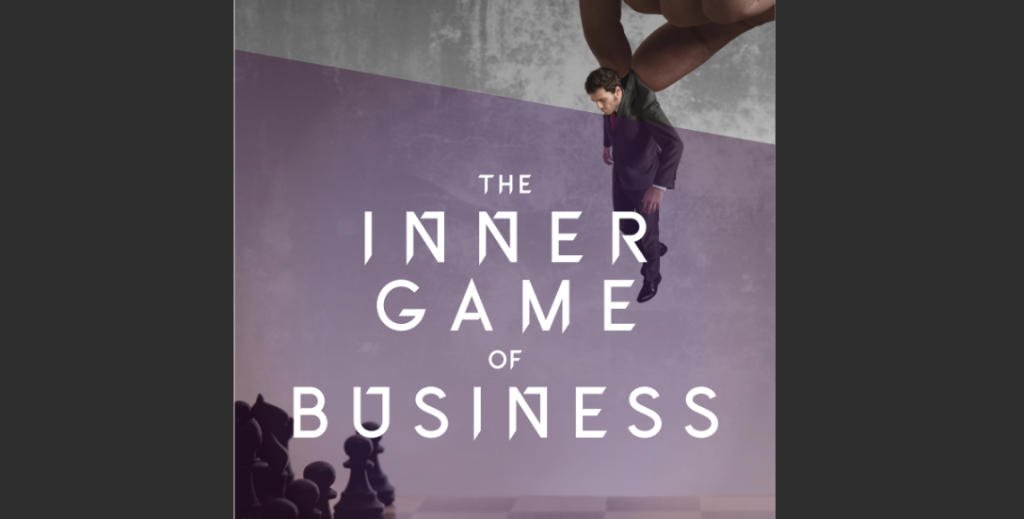Our primary currencies are time and trust. Not money.
This principle is just as true in life as it is in business. Too often, especially in business, we’re led to believe our primary currency is money. While money is certainly an important element of daily life and business, it’s not our primary currency. We can always make more money or we can borrow some. Our time is what’s priceless and none of us knows how much of it we have.
We can either invest our time in activities that bring high returns, or we can fritter it away on low-priority distractions. We can be busy, or we can be effective. Be sure not to confuse the two, as they are not even close to being the same. In fact, our busyness often diminishes how effective we are with our time.
There are occasions when the most effective use of our time is to do nothing. This is in direct contrast to our Western culture conditioning where we’ve become obsessed with being busy, racing from one activity to another, giving little or no thought to what it is we’re trying to accomplish. If we’re not constantly doing something, we feel we’re wasting time. This obsession has even worked its way into our vocabulary with phrases like “What are you doing today?” or “Are you staying busy?” When asked this last question, I often respond that I mastered “busy” years ago, and it’s “effective” that I’m working on now.
Time is relative. It’s common in the early years to feel we have an unlimited amount of it to accomplish what we want—especially if we start our business when we’re young. Then, as we approach the end of our professional career, it’s normal to look back and wonder where all that time went or what we have to show for it. Investing some of our time in a little thoughtful contemplation along the way might have produced a better, more rewarding outcome.
Many of us would benefit greatly, and we would do our business a huge favor, if we would make the mental transition from being busy, to being efficient, to just being.
Trust.
As human beings, trust is the foundation of everything we do. The relationships we establish with other people, the commerce we conduct with other businesses, the trade that takes place between nations, even our global economic systems are all based on trust.
We have all witnessed the catastrophic effects when trust is compromised or lost. Trust is based on telling the truth. Keeping our promises. Following through on our commitments, even with things as simple as showing up on time and returning phone calls or emails. Too often we take trust for granted. “Trust me” we tell people, but what they really want is for us to demonstrate that they can trust us rather than telling them to.
The people we employ trust us to put their personal safety and well-being ahead of our own self-interests. They trust that we know how to perform our job and that we’re operating the company in an ethical and trustworthy manner. They trust that we’ll return the trust they’ve placed in us by providing rewarding work and opportunities for them today … and security for their family tomorrow.
Our customers trust us to deliver on our stated (or unstated) promise to provide them with the products or services we agreed to deliver and to treat them fairly in the process.
Of all the currencies in business that we have at our disposal, trust is the toughest to measure. It’s difficult to see, but we can feel the unmistakable presence of trust whenever it exists and the absence of trust when it doesn’t.
Unfortunately, the business landscape is littered with companies large and small that have been brought to their knees because they violated the public trust.
Whenever a lack of trust exists within a company, yet words like integrity, honesty, and teamwork exist in its Mission statement, it sours the culture and becomes a breeding ground for cynicism among the workers.
As author Jesse Stoner states in the book Full Steam Ahead!, “People follow leaders by choice. Without trust, at best you get compliance.” And at worst you get customers who abandon you and workers who are disengaged in their jobs and are looking for their first reasonable opportunity to leave the company.



